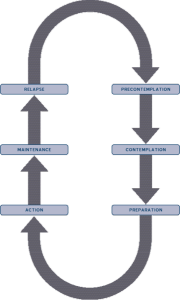Consultation
A typical consultantation takes about one hour. It consists of a detailed history and Mental State Examination and then my recommendations for treatment
The consultation will lead to the following
- A summary
- A formuation
- A treatment plan
- I can prescribe any medication on the same day
- A plan for follow up
- A plan for referral as required e.g. for therapy
Diagnosis vs Formulation
At first glance, some of the functions of formulation can appear to be those of diagnosis. Although diagnosis and formulation share an interest in summarisation and in prediction, they remain distinct. I believe it is essential to grasp how psychodynamic formulation differs from a psychiatric diagnosis in order to understand what formulation is about.
A diagnosis is generally thought of as a summary label such as 'schizophrenia' or 'depression'. Ideally, it should be more than this, being a multi-perspective summary of psychiatric syndromes, personality, non-psychiatric illness, social and situational factors. However, it rarely takes this form in practice. Furthermore, although multi-axial diagnosis potentially offers information about more aspects of your current state, its statistical function means that descriptors under any given heading will always be chosen from a limited menu of standardised terms. All diagnosis therefore remains fundamentally an exercise in naming what this patient has in common with others, leaving it to formulation to identify and explain what is unique about this presentation.
It is far too simplistic to think that all of your difficulties can be explained by a single-word diagnosis.
Formulation requires additional kinds of information, such as a sense of how you feel and respond in a variety of situations. It is concerned with why events have followed one another and the meaning of these for you.





